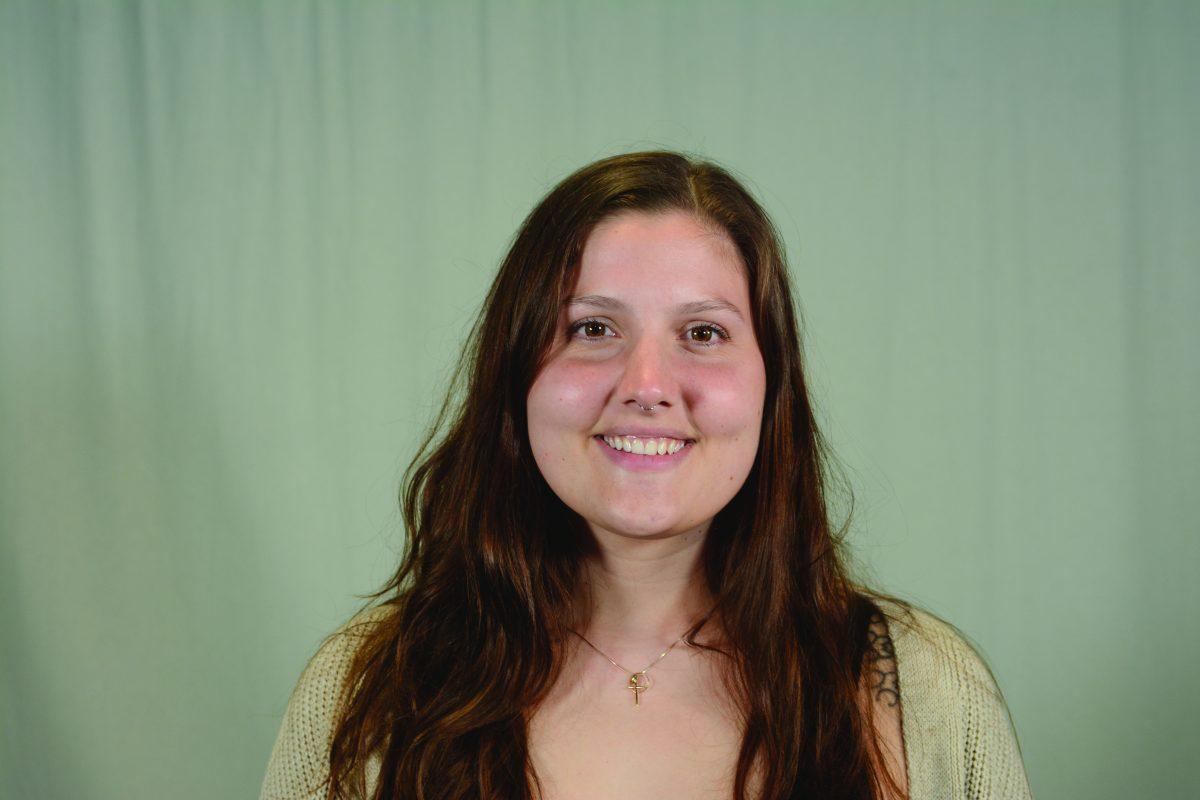We may be peering through a negative lens toward accessibility for resources as the campus struggles to deal with mental health, but there’s a powerful program in the works that could make a huge difference to thousands of students.
Imagine having access to a mental health professional within your academic department — only steps away from your classes. This is embedded counseling.
For some time, prominently in the veterinary field, embedded counselors are licensed therapists who are positioned in different departments in a university and who become familiar with students’ academic expectations. Instead of going to an appointment at the counseling center or outside resource, you can have access to a professional where you spend most of your degree-seeking days.
This type of counseling is here at NC State, but not in all departments — yet.
Here’s where you’ll find it now
Embedded counselors can be found in Campus Health, athletics, the College of Veterinary Medicine, data analytics and a pilot program in the College of Agriculture and Life Sciences and the College of Sciences. Two counselors will be starting in the College of Engineering come January, and positions have also been created for a start time hopefully in January for the College of Textiles and The Graduate School, according to Monica Osburn, executive director of the Counseling Center.
While positions are filled here and there, we need to see embedded counselors in all departments across campus. I’m not saying this will happen in the near future, as great things take time, but the impact this program will have on students would be substantial. Laura Castro, director of the College of Veterinary Medicine’s counseling services, gives insight on how influential this program can be for the student body.
“I think for a group of students … [they] are more likely to seek help from someone that they see as part of their community,” Castro said. “They can stop by in between classes, like it’s just more accessible, and being familiar with the one counselor or the two counselors who may see you, I think, would make it easier to seek help when you actually need it.”
Castro also mentioned how she has become familiar with the common stressors students face in the veterinary program, along with building relationships with staff members who are around the students more often. Both are key components to contextualize how she sees people and how she can help.
Having a counselor on the inside who understands what a student is going through when pursuing their degree and goals can be vital.
“There has been a lot of expressions of gratitude and positive feedback that the college is making the investment of having our own dedicated person to attend to mental health needs,” Castro said. “To have someone who’s like, just for you, makes a big difference.”
So just how big of a difference can this program make towards the student body, or even faculty and staff?
University of Michigan shows what’s possible
NC State may have derived the idea to implement the embedded counseling program from University of Michigan. Todd Sevig, director of counseling and psychological services at Michigan, said the university began the program back in fall of 2014 with the idea it could potentially help the students and culture. Like NC State, Michigan has a central counseling service for students, but they desired to grow in a new way.
“Based on data, we think we are reaching students who might not have reached out if we just had central [counseling],” Sevig said. “The staff member is physically in the college and is able to learn the culture. … Almost immediately, the students and staff liked it.”
Sevig mentioned that the university currently has an embedded counseling staff presence in 18 departments. This program has increased access to students and has decreased barriers when it comes to students reaching out. Alongside counseling for the students, staff and faculty are provided consultations as well: creating a hand-in-hand culture. At Michigan, the embedded counseling program has proved it has the ability to change for the better, according to Sevig.
I, for one, would love to see this change here at NC State. I am excited to see the embedded counseling program grow and hope to see counselors in all departments in the near future. The Wolfpack needs a change for the better, and I view this program as part of the bigger picture when it comes to a solution.














